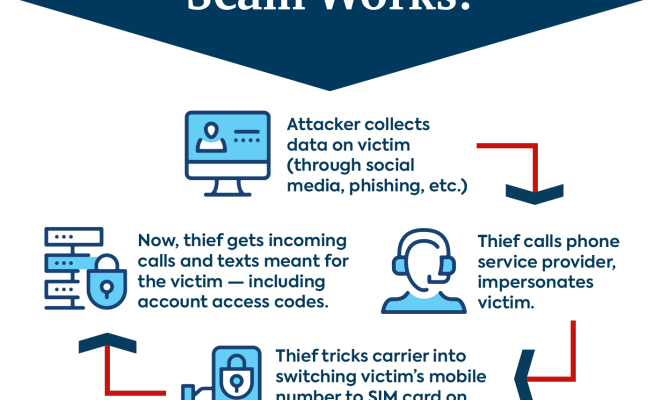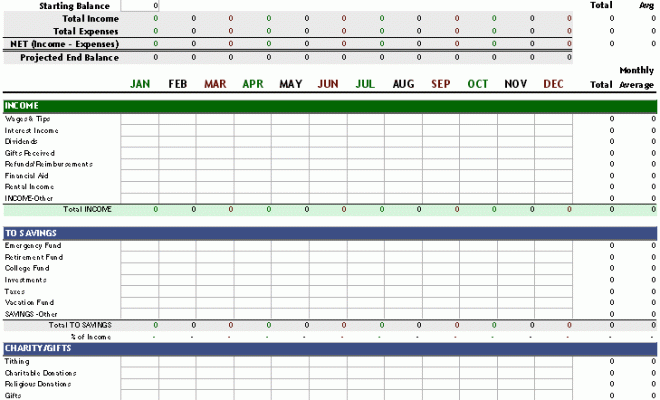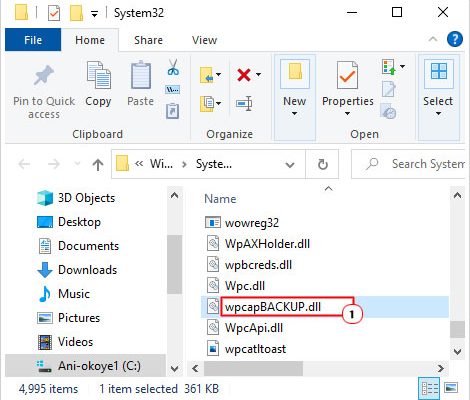What is Email Encryption?

Email Encryption: Secure Your Communication
Email communication has become an integral part of our daily communication. We use it for communicating with friends, family, clients, and colleagues. And with the ever-increasing amount of sensitive information being shared through email, it’s essential to ensure that your emails are secure.
One way to protect your emails is by using email encryption. Email encryption is a security measure that protects your emails from being intercepted and read by unauthorized persons.
What is Email Encryption?
Email encryption is the process of encoding the content of an email in such a way that only the intended recipient can read it. It involves the use of encryption algorithms that convert the message into a code that can be read only by someone who has the decryption key.
The purpose of email encryption is to ensure that the content of emails remains confidential and is not intercepted by hackers or other unauthorized persons.
How Does Email Encryption Work?
Email encryption works by using a pair of keys – a public key and a private key. The public key can be freely distributed to anyone who wants to send you a secure email, while the private key is only known to you.
When you send an email to someone, your email client uses the recipient’s public key to encrypt the email message. The recipient then uses their private key to decrypt the email and read the message.
Similarly, when someone sends you an encrypted email, their email client uses your public key to encrypt the email message, and only you can decrypt and read the message with your private key.
Why Use Email Encryption?
Email encryption provides many benefits, including:
1. Confidentiality – By encrypting your emails, you ensure that only the intended recipient can read them, and not hackers or other unauthorized persons who may intercept them.
2. Data Integrity – By encrypting emails, you ensure that the message has not been tampered with or altered in any way during transmission.
3. Authenticity – Email encryption also ensures that the sender of an email is verified, so you can be confident that the email is coming from the person you think it is.
4. Compliance – Many regulatory bodies, such as HIPAA and GDPR, require organizations to use email encryption to secure sensitive information.
How to Encrypt Your Emails?
Most email clients offer built-in email encryption options. For example, Gmail offers an encryption option called S/MIME that can be used to encrypt and sign emails. Other popular email clients such as Outlook, Apple Mail, and Thunderbird also offer built-in encryption options.
In addition, there are many third-party email encryption services available that you can use to encrypt your emails. These services are often more comprehensive than built-in email encryption options and offer additional security features such as two-factor authentication and message expiration.
Conclusion
Email encryption is critical in securing our communication in today’s digital world. By using this security measure, you can be confident that your emails are protected from interception and tampering by unauthorized persons. So, whether you’re a business owner or an individual, make sure that you implement email encryption to protect your sensitive information.






